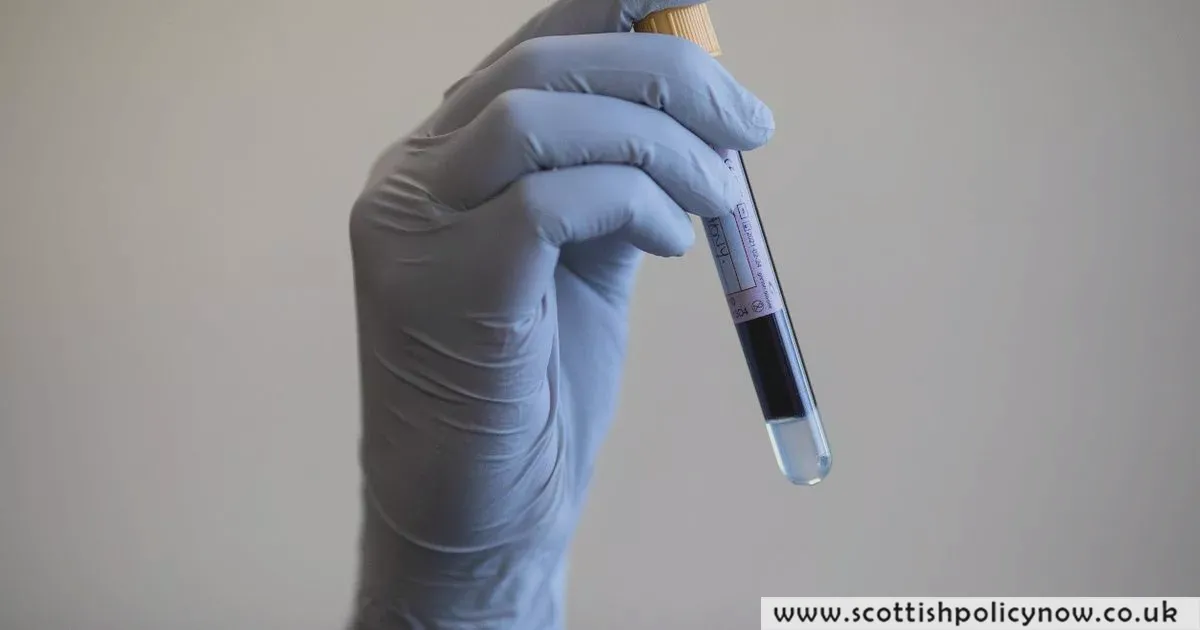Scottish scientists are hoping to find a way to “shoot the messenger” that allows cells to grow in the wrong place in the bowel, which can lead to cancerous tumours.
The Cancer Research UK Scotland team in Glasgow is examining the role DNA and its biological messaging system, RNA, play in the development of cancer in the bowel.
DNA contains the instructions our bodies need to grow and repair themselves, but not all cells need all the information in our DNA as cells perform different functions depending on where they are in the body.

RNA is the messaging system which picks which instructions to pass on to specific cells so they know when to grow and how to develop.
However, sometimes there is a mistake in translating the instructions which causes cells to grow in the wrong place and potentially develop into tumours.
The team, led by Professor Victoria Cowling, is examining ways to stop RNA giving the wrong information to DNA.
They are hopeful that being able to tackle bowel cancer in its early days will stop it from developing and spreading to other parts of the body.
The team has been awarded a Therapeutic Catalyst grant of £214,492 by Cancer Research UK to explore the cell messaging system.
According to Cancer Research UK, around 4,000 people are diagnosed with bowel cancer in Scotland annually.
Around 1,800 Scots die with the disease each year. Prof Cowling said: “This is an exciting, emerging area of biology not currently being investigated.
“It has enormous potential because with many treatments, cancers learn how to get round them and this is when cancer comes back.
“However, this research focuses on a unique point in the cell when it receives its instructions from the DNA.
“If we can find treatments which stop cancer at this stage, at its very beginnings, then it would make it difficult for the cancer to adapt and return.”
Although this research project will look at bowel cancer, the team hopes it could provide insight into other cancer types.
The study will be a collaboration between Prof Cowling’s team and Cancer Research Horizons, an arm of Cancer Research UK focused on finding new treatments.
Catherine Elliott, director of research at Cancer Research UK, said: “Cancer Research UK is delighted to fund this innovative approach which we hope will lead to new insights into how bowel cancer begins and grows.
“This kind of discovery research is vital in our overall aim to understand cancer from how it begins in the body to finding new and kinder treatments to tackle it.”







